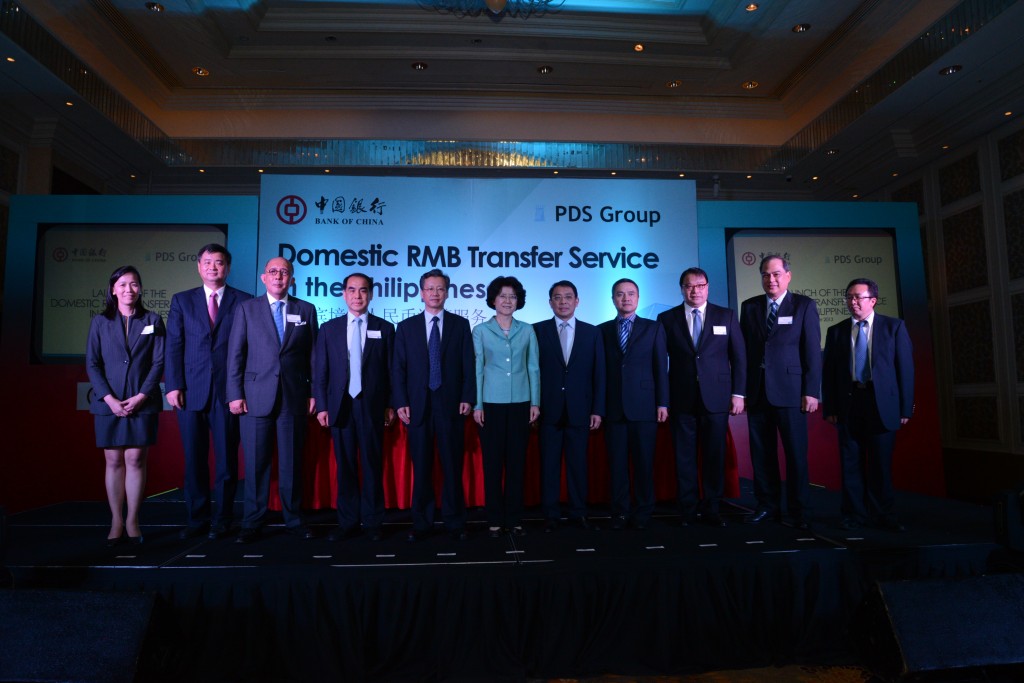The PDS Group joined hands with First Metro Investment Corporation (FMIC), the Bureau of the Treasury (BTr), Thomson Reuters, and the Money Market Association of the Philippines (MART) in promoting capital markets awareness and education through the conduct of a virtual trading tournament among college students.
The Bond Trading Challenge will foster broader knowledge and deeper understanding of the essential role that the fixed income securities market plays in the global economy, while also reinforcing financial literacy that will facilitate informed investment decisions for investors.
Treasurer Rosalia V. De Leon, who delivered the welcome remarks, said: “I would like to commend First Metro for doing this exercise. It is a pioneering measure to be able to educate and the same time to raise consciousness amongst our students about the bond market. Hopefully we could also have this kind of engagement later on with FMIC and PDEx. I was also looking forward to another bourse game eventually among our traders being the coaches of these students.”
For his message on behalf of FMIC, the project organizer, FMIC President Roberto Juanchito T. Dispo said: “In line with our advocacy to raise awareness of the Philippine capital markets, we now take the students, the future investors or possibly capital markets practitioners, to another arena where they can practice portfolio investment and management through bond trading. As the leading bond house and fixed income trading and brokering house, we want to share our expertise by giving the students practical experience in the fixed income market,”
PDS Group President & CEO Cesar B. Crisol remarked: “We at the PDS Group are privileged to contribute to the effort for this Bond Trading Challenge, a significant initiative for the overall Investment Literacy Program, empowering students, our future investors and market players, with the basic theoretical and practical aspects of bond trading and portfolio management. Without hesitation, we took hold of this opportunity to bring to the table our end-of-day price and transaction data from the secondary market for fixed income securities toward the successful conduct of the trading tournament.”
“Thomson Reuters is fully committed in ensuring the success of this event. We will be providing the necessary tools, content, and support so that the participants will be able to make sound investment decisions. Our management has expressed much interest given its alignment with our main thrust which is to focus and support whatever activity that will benefit and grow the financial markets,” said Thomson Reuters Senior Manager Miguel B. Marquez.
MART President Reynaldo B. Montalbo, Jr. said: “For the Money Market Association, education has always been one of the main objectives of the association, considering that not everybody knows the fixed income market. Unknown to most people is that it is even bigger than the stock exchange. This contest is of most importance not only to MART but also to all players in the industry because now there is a public venue where all of the information will be presented to the potential investing public and potential professionals within the industry.”
The said parties sealed their commitment through the signing of a Memorandum of Agreement (MoA) on 18 August 2014 at the PDS Group Assembly Hall, The Enterprise Center, Makati City. Present at the signing ceremony and the ringing of the PDS ceremonial bell were Treasurer Rosalia V. De Leon, FMIC President Roberto Juanchito T. Dispo, Thomson Reuters Senior Manager Miguel B. Marquez, and MART President Reynaldo B. Montalbo, Jr., with PDS Group President & CEO Cesar B. Crisol.
The joint effort arose out of the organizations’ shared vision and goal to bring more awareness and information about the fixed income market to the mainstream public and through this specific effort, increase the student-participants’ investment management knowledge. #
PDS Group promotes financial literacy thru Bond Trading Challenge_FINAL




